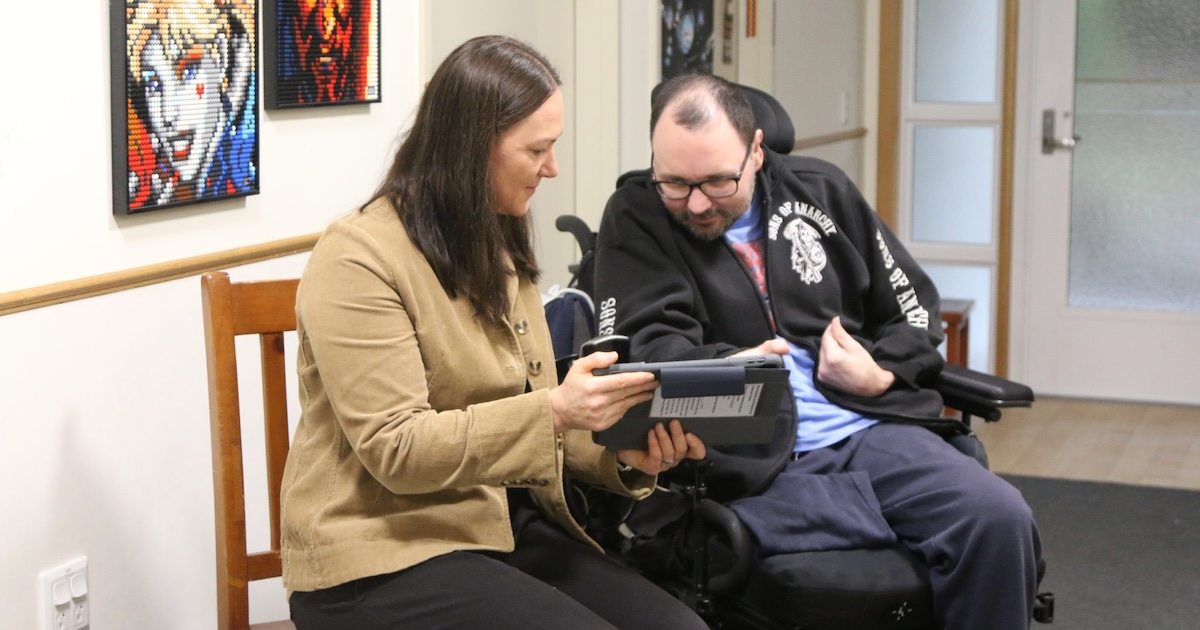A study from the University of Sydney indicates payments from pharmaceutical companies to non-prescribing healthcare professionals like nurses could be impacting the healthcare decisions they make.
The study found around 14,000 healthcare professionals were found to have received almost $63 million in pharmaceutical industry payments in a nearly four-year period between October 2015 and April 2018.
Payments ranged from providing travel and accommodation costs to encourage attendance at meetings and speaker and advisory board engagements, with nurses and pharmacists following doctors as the primary recipients.
The analysis, which aimed to provide a comprehensive account of payments to non-physicians, appears to support the evidence that payments from pharmaceutical companies to physicians are pervasive.
Researchers had previously warned Australian pharmaceutical companies are no longer required to publicly disclose many payments to the health sector, calling for legislation to ensure full and long-lasting transparency.
“There is a mistaken idea that non-prescribing healthcare professionals don’t have much influence on medicine use, therefore their pharmaceutical industry ties aren’t that important,” lead author Dr. Emily Karanges said. “Yet healthcare professionals like nurses and pharmacists often assist with medication choice and encourage adherence to treatment – and the roles they play in chronic disease management are expanding, too.”
The team also included researchers from the University of Toronto, who analysed payments to Australian healthcare professionals using publicly available reports – the study was published earlier this week in a JAMA Internal Medicine research letter.
She pointed out that most highly paid healthcare professionals were often working in hospitals in chronic disease management, and chronic diseases such as HIV and multiple sclerosis (MS) have expensive treatments that are required long-term.
Karanges, a postdoctoral fellow at the University of Sydney’s Evidence, Policy and Influence Collaborative at the Charles Perkins Centre and School of Pharmacy, noted that for the benefit of patients, and to protect and maintain the integrity of healthcare providers, better oversight, understanding and education of the potential impacts of such activity is needed.
Co-author Professor Lisa Bero, also from the university’s Perkins Centre, pointed to the global implications of the survey, noting there is an “urgent and global need” to extend mandatory transparency reporting and institutional policies applicable to all healthcare professionals.
“Inevitably this type of activity and potential influence is happening around the world, but pharmaceutical influence on non-prescribers remains hidden because the data are simply not available in other countries,” Bero said in a statement.
She noted pharmaceutical companies are “clearly courting” non-prescribing healthcare professionals as well as doctors in Australia, presumably because of the increasingly important role and influence they have in clinical care.
